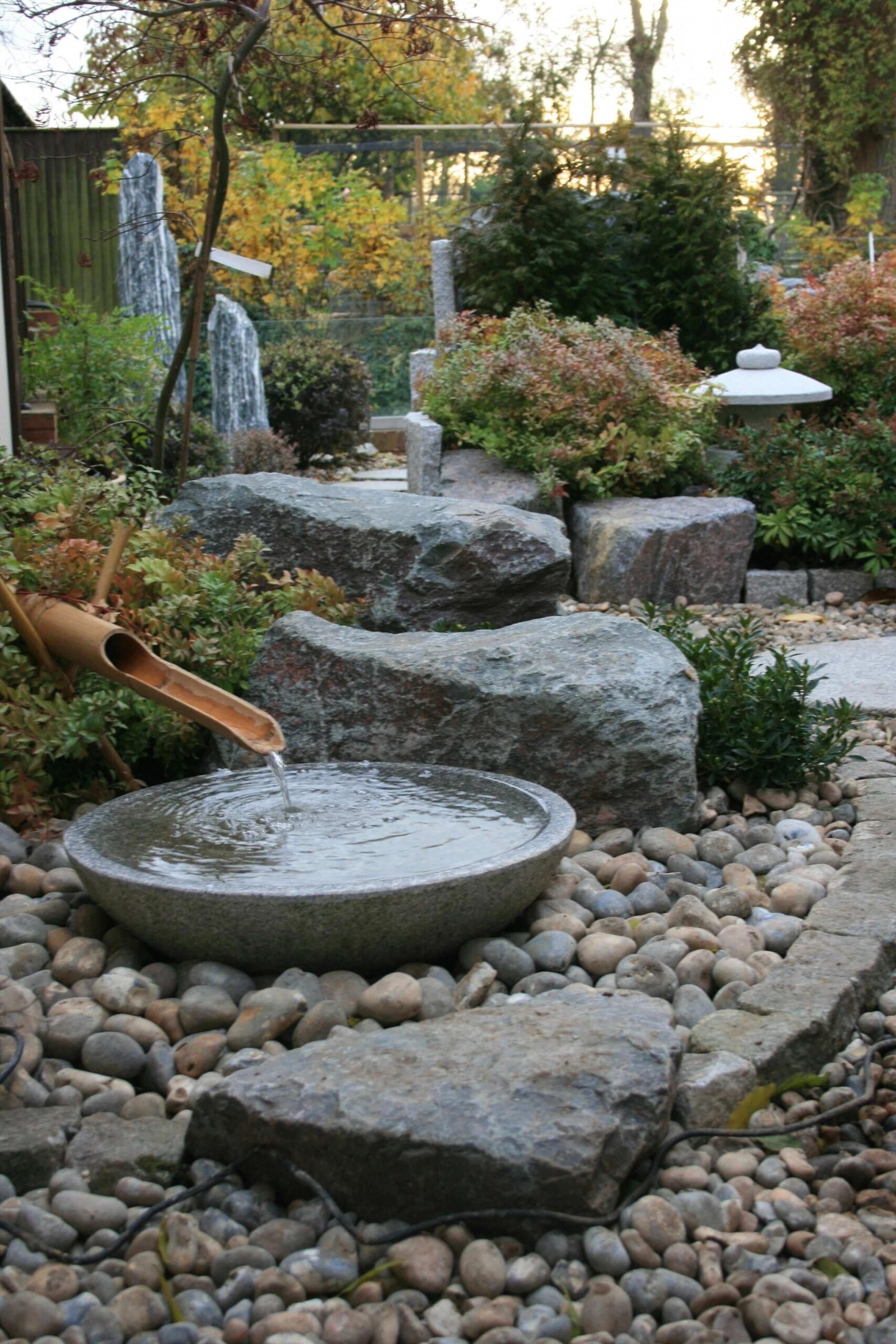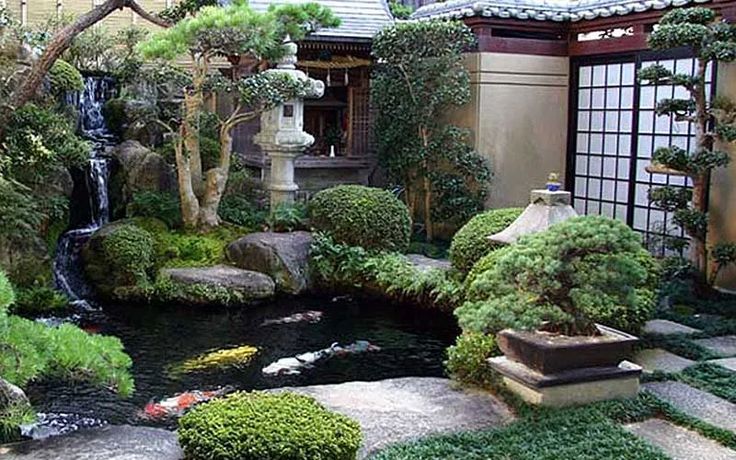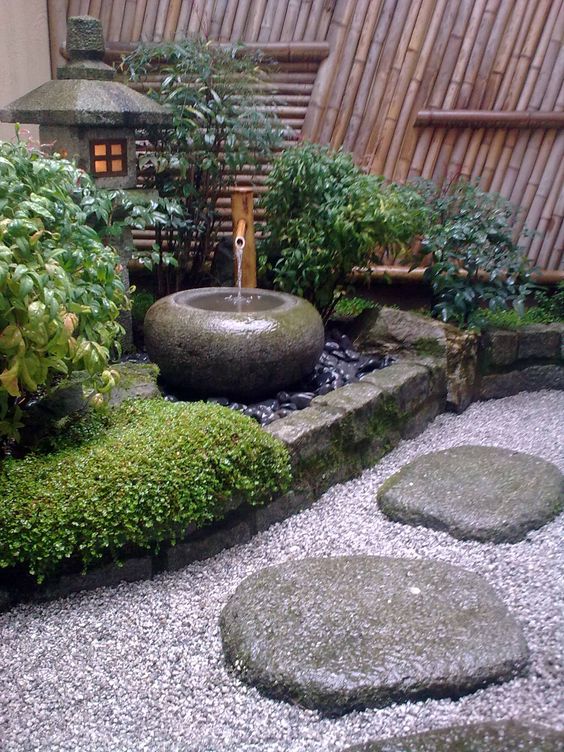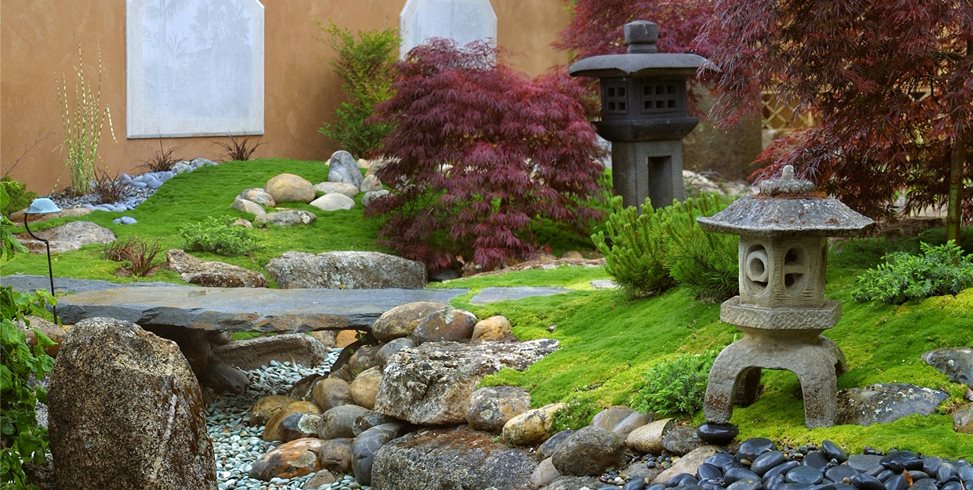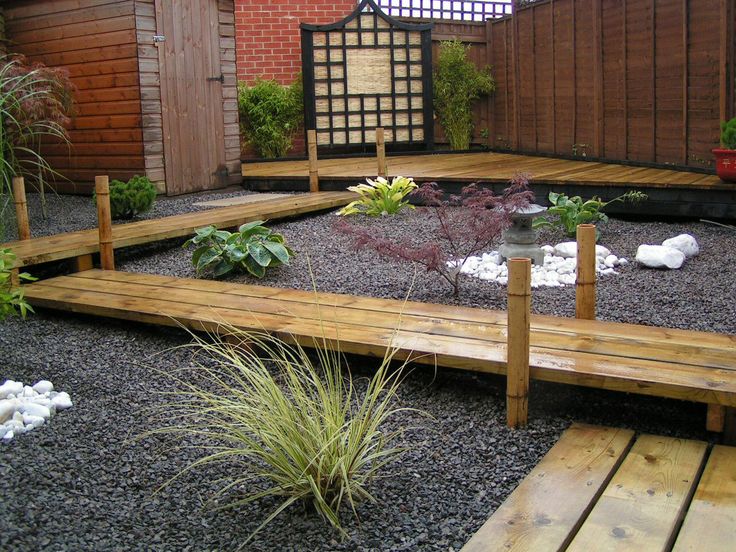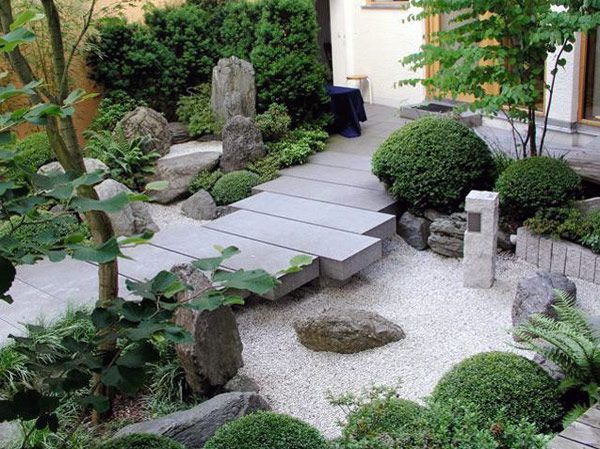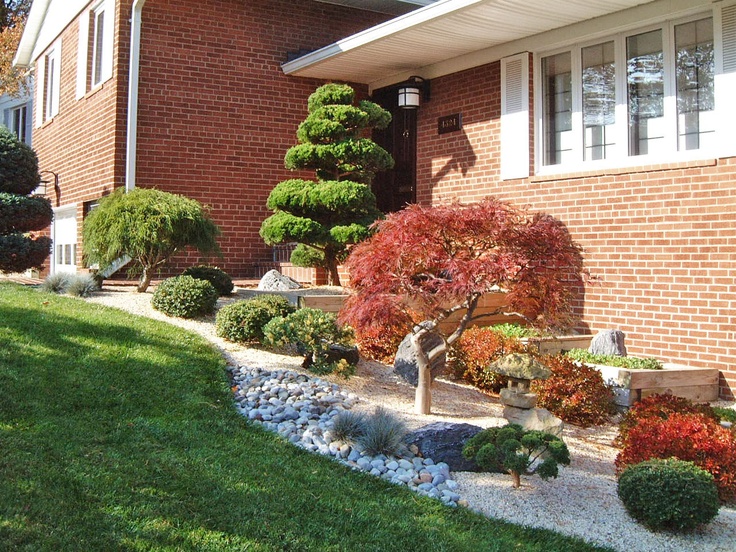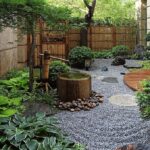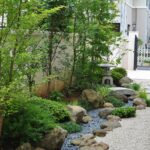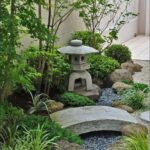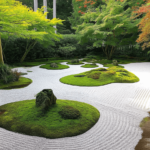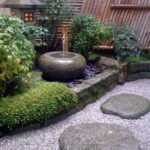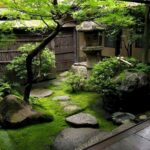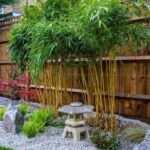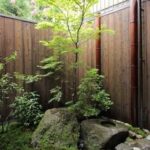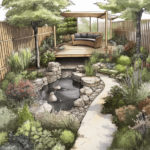Japan is known for its stunning landscapes and meticulously designed gardens, which often serve as a peaceful retreat from the bustling city life. Japanese backyard garden design is a popular choice for homeowners looking to create a serene and harmonious outdoor space that reflects the beauty and simplicity of nature.
One of the key principles of Japanese backyard garden design is the concept of “borrowed scenery,” or shakkei in Japanese. This technique involves incorporating elements of the surrounding landscape, such as a nearby mountain or tree line, into the garden design to create a sense of harmony and connectivity with the natural environment. This practice is often seen in traditional Japanese gardens, where carefully placed rocks, plants, and water features are used to frame and enhance the views of the surrounding scenery.
Another essential element of Japanese backyard garden design is the use of natural materials, such as bamboo, wood, and stone, to create a sense of tranquility and simplicity. Japanese gardens typically feature a minimalist aesthetic, with clean lines and uncluttered spaces that allow for a peaceful and contemplative experience. Water features, such as ponds, streams, and waterfalls, are also common in Japanese gardens, as they are believed to symbolize the flow of energy and create a sense of serenity.
In addition to the aesthetic aspects of Japanese backyard garden design, there is also a strong emphasis on symbolism and meaning. Plants and flowers are carefully chosen for their symbolic significance, with certain trees and flowers representing virtues such as strength, resilience, and beauty. For example, the cherry blossom tree, or sakura, is a symbol of renewal and the transient nature of life, while the pine tree is associated with longevity and endurance.
Japanese garden design also incorporates elements of Zen philosophy, such as mindfulness and simplicity. Zen gardens, or karesansui, are dry landscape gardens that are designed to evoke a sense of calm and contemplation. These gardens typically feature raked gravel or sand, with carefully placed rocks symbolizing mountains or islands, and are meant to be viewed from a specific vantage point to facilitate a meditative experience.
Overall, Japanese backyard garden design offers a blend of beauty, tranquility, and symbolism that can transform any outdoor space into a peaceful sanctuary. Whether you have a small patio or a spacious backyard, incorporating elements of Japanese design can help create a harmonious and serene environment that will soothe the mind and soul.
 innstyled backyard design ideas
innstyled backyard design ideas
